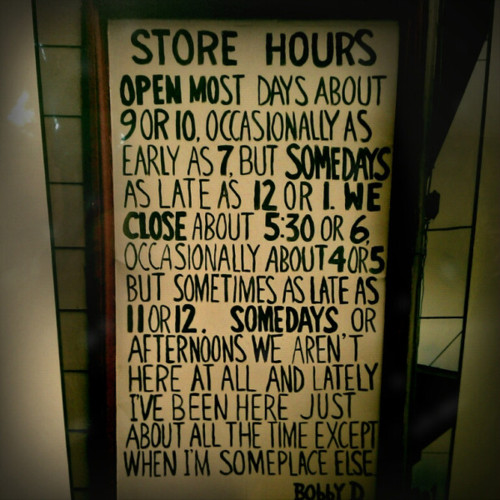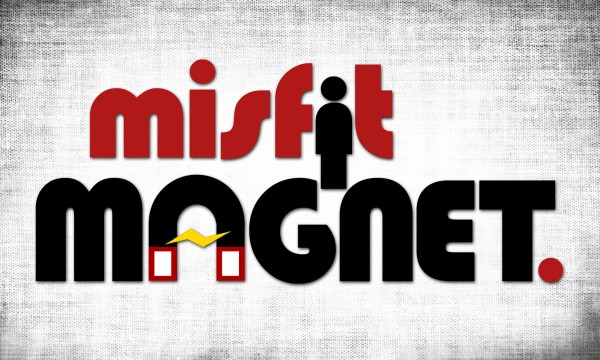How Many Pacos Do You Know?
Ernest Hemingway wrote a short story called ”The Capital of the World.” In it, he told the story of a father and his teenage son who were estranged from one another. The son’s name was Paco—he had wronged his father. As a result, in his shame, he had run away from home.
In the story, the father searched all over Spain for Paco, but still he could not find the boy. Finally, in the city of Madrid, in a last desperate attempt to find his son, the father placed an ad in the daily newspaper. The ad read:
“PACO, MEET ME AT THE HOTEL MONTANA. NOON TUESDAY. ALL IS FORGIVEN. PAPA.”
The father in Hemingway’s story prayed that the boy would see the ad; and then maybe, just maybe, he would come to the Hotel Montana. On Tuesday, at noon, the father arrived at the hotel. When he did, he could not believe his eyes.
An entire squadron of police officers had been called out in an attempt to keep order among eight hundred young men. It turned out that each one of them was named Paco. And each one of them had come to meet his respective father to find forgiveness in front of the Hotel Montana.
Eight hundred boys named Paco read the ad in the newspaper and hoped it was for them. Eight hundred Pacos had come to receive the forgiveness they so desperately desired.
This story is a great reminder…
Our world is full of “Pacos.”
These Pacos are hurting and wandering—yet they hope to be wanted, loved, accepted, welcomed, forgiven, and received home again.
They long to hear the words, “ALL IS FORGIVEN.”
Question…
How many Pacos do you know?
Is there someone who needs to hear “ALL IS FORGIVEN” from you?
Are there Pacos you can help? Pacos you can welcome, love, accept, and give a sense of belonging to?
I bet there are—even more than you think.



